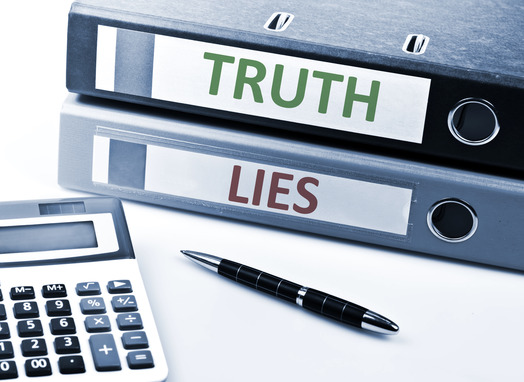
We have all been taught from childhood that it pays to tell the truth. Honesty is a highly valued moral in our society, but is honesty always the way to go?
There have been instances in history where a falsehood or little white lie has actually proven to be beneficial. Other examples have shown where being dishonest has kept an innocent one from harm. So how do we know when to be honest and when not to be?
If you are in business, there are very few times where dishonesty to customers is acceptable. However, are you always honest to yourself? Learning to be honest to yourself can be challenging, but can help you in a lot of ways.
Let’s say you run an office supplies website. Consider these questions and answer them truthfully:
Would I buy that printer for that price?
Would I recommend that cheaper computer to someone I love?
Was I fair to that customer that complained or did his complaints make me treat him differently
Have I made an effort to treat each and every customer as a valued person?
Are there things we do in our daily business that would shock our customers?
Am I fair to my employees?
Only by digging deep and being completely honest with yourself can these answers be questioned. This is where true honesty comes into play. For instance, let’s say you would never buy the printer in question for the price you are charging. Does this necessarily mean you are being dishonest? Or are you simply running a business that speaks to people in all economic levels?
What about recommending a product that you know is less quality than another similar product? Are you being dishonest or are you going off comments the customer has made about wanting an affordable computer?
Honesty can be a slippery snake. At times we think we have a good hold of it, but at other times it eludes us.
We truly believe that it is still the best policy to be honest at all times, both with our customers and with ourselves. Even if your honesty initially hurts a sale, over time your customers will know and trust you and your sales will stay steady.





